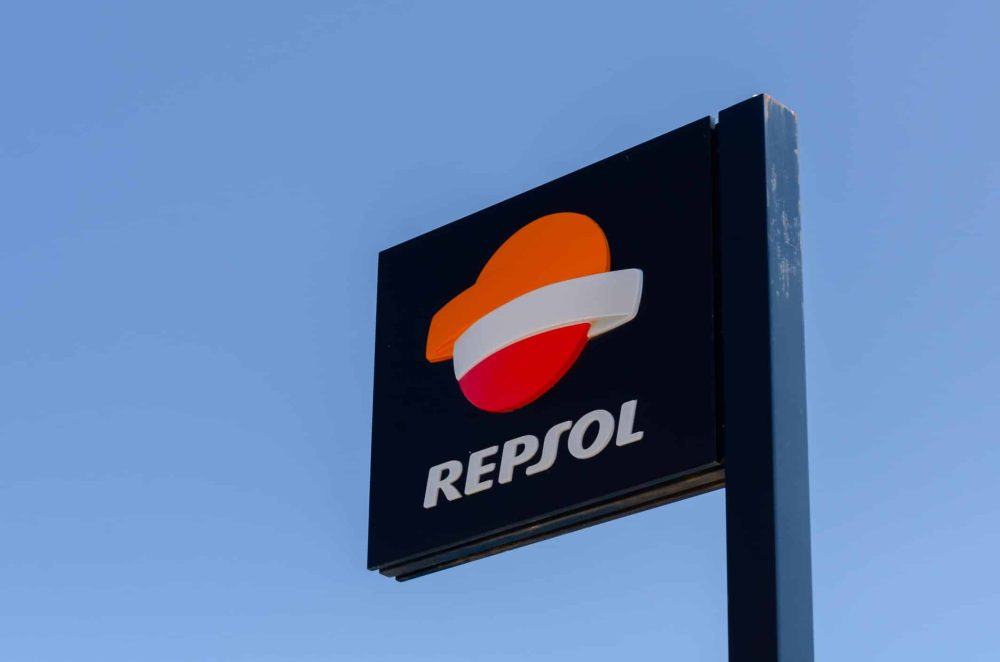Oil and gas major Repsol is facing a fine of £160,000 by the North Sea Transition Authority (NSTA) for unauthorized gas flaring.
The company is charged with venting exceeding 73 tonnes across the Auk North, Halley, and Fulmar fields in Scottish waters last year.
This penalty is the largest for greenhouse gas emissions without proper consent.
Read More: Shell hit with £1.4m fine for breaking customer contract rules
It underscores concerns regarding Repsol’s adherence to regulatory standards and its potential impact on public trust in the oil and gas industry.
The NSTA says the fine is a response to Repsol’s failure, which may erode confidence in the industry and raise questions about the company’s commitment to regulatory compliance.
The unauthorised emissions included 46.8 tonnes of hydrocarbon flaring and 36.8 tonnes of hydrocarbon venting.
Repsol received a sanction notice on December 5, mandating payment within 30 days.
Read More: BP Asks US Regulator To Step In Natural Gas Row
NSTA director of regulation Jane de Lozey said: “Reducing emissions and meeting regulatory requirements is absolutely essential if industry is going to maintain its social licence to operate.
“Repsol has engaged with the NSTA to learn from its failings on this occasion and taken steps to ensure it does not happen again.
“We will continue to ensure that operators comply with regulations in the North Sea and will not hesitate to take action on the occasions that they do not.
“The NSTA is always ready to work with operators to ensure they remain in compliance, or bring them back into compliance.”
Need Career Advice? Get employment skills advice at all levels of your career
Forbes ranked Repsol, headquartered in Madrid, Spain, the 320th largest company globally in 2022.
The firm acknowledges its responsibility for the unauthorized flaring and venting.
Repsol cooperated with the NSTA’s investigation and claims to have implemented corrective measures to forestall future breaches.
This record fine comes against positive industry efforts to reduce carbon emissions.
The oil and gas sector nearly halved the North Sea flaring and achieved a 23 percent reduction in greenhouse gases between 2018 and 2022.




